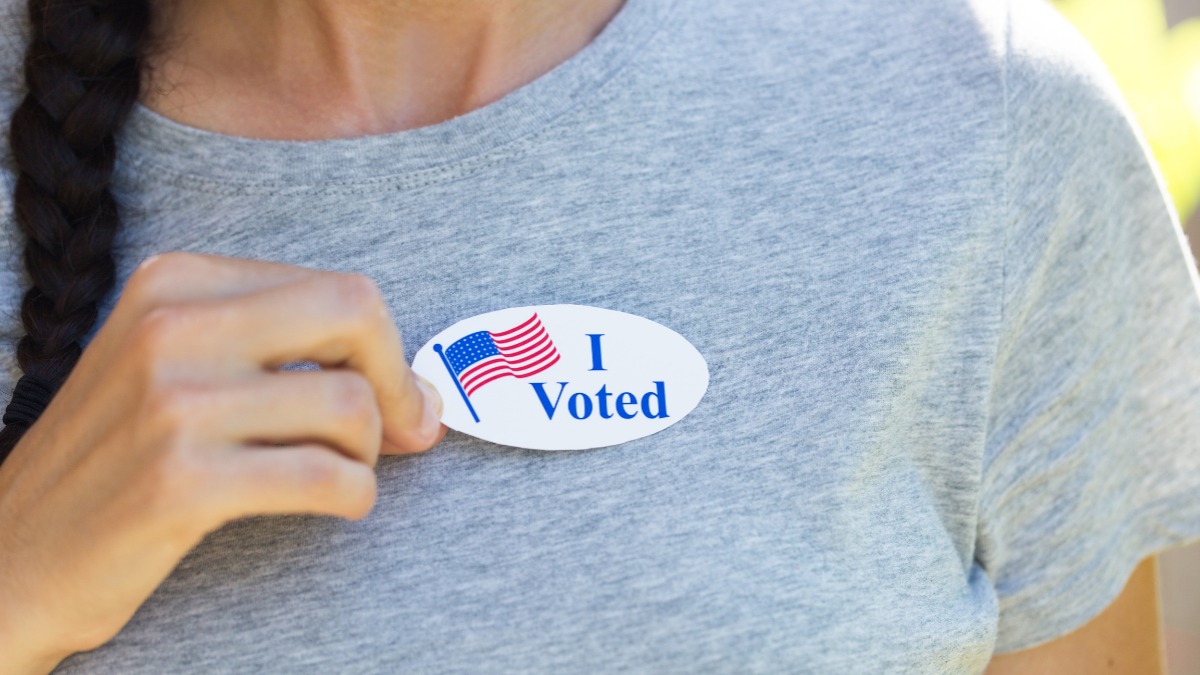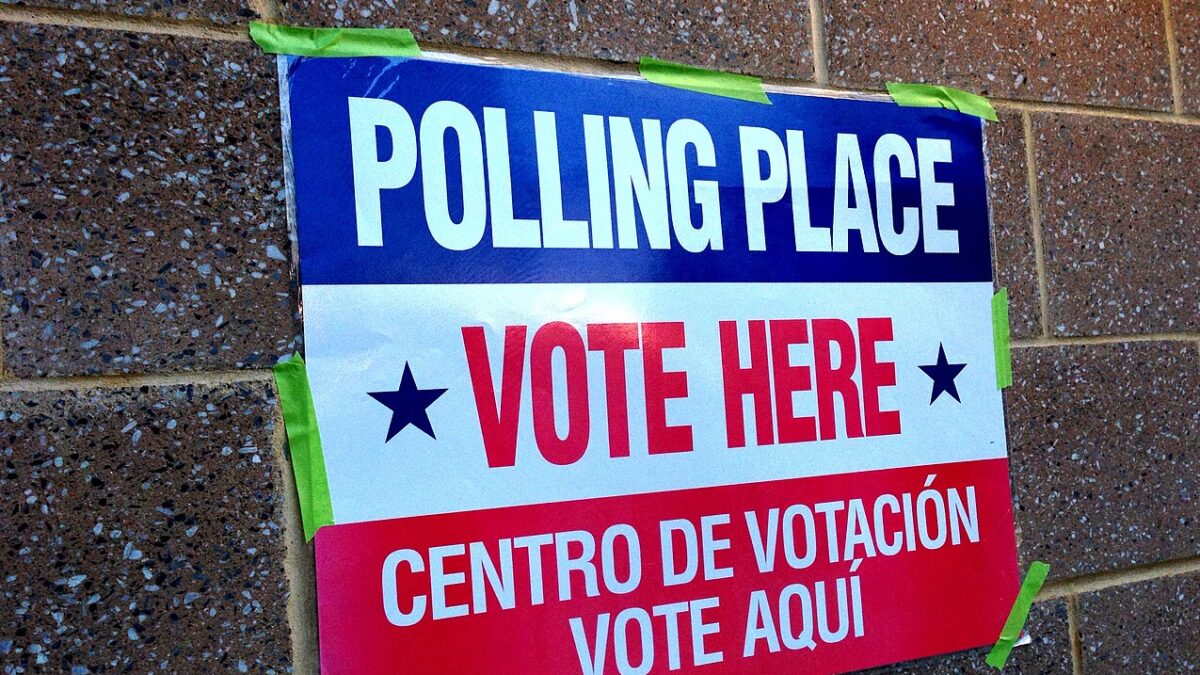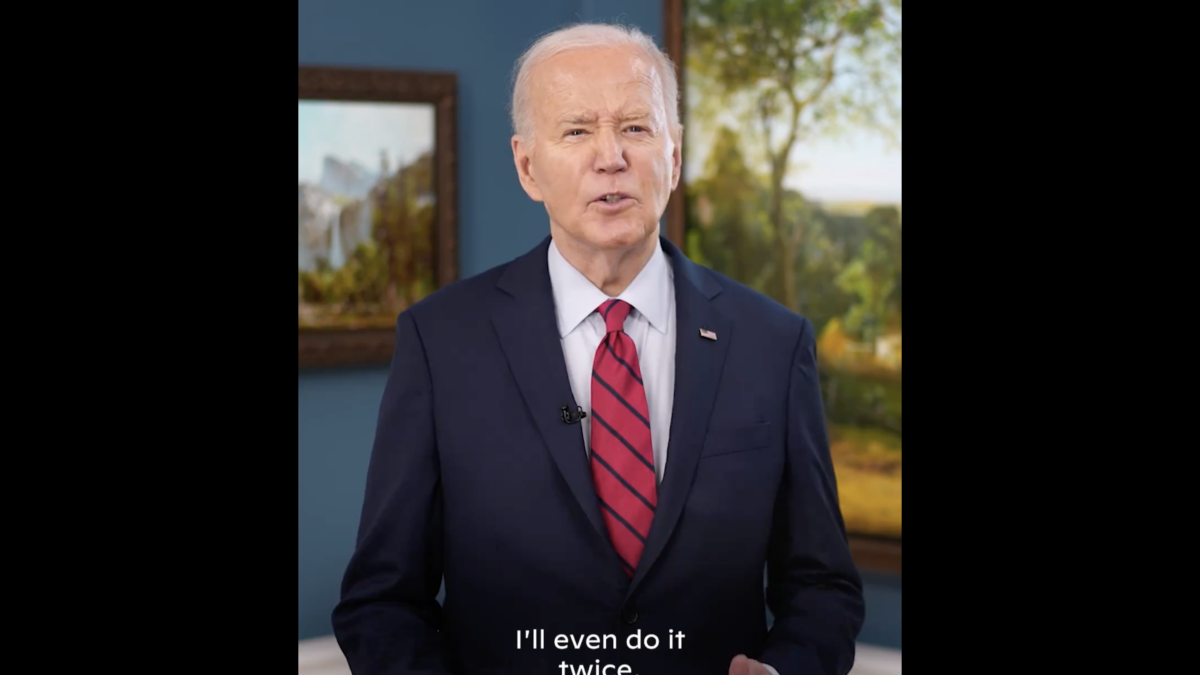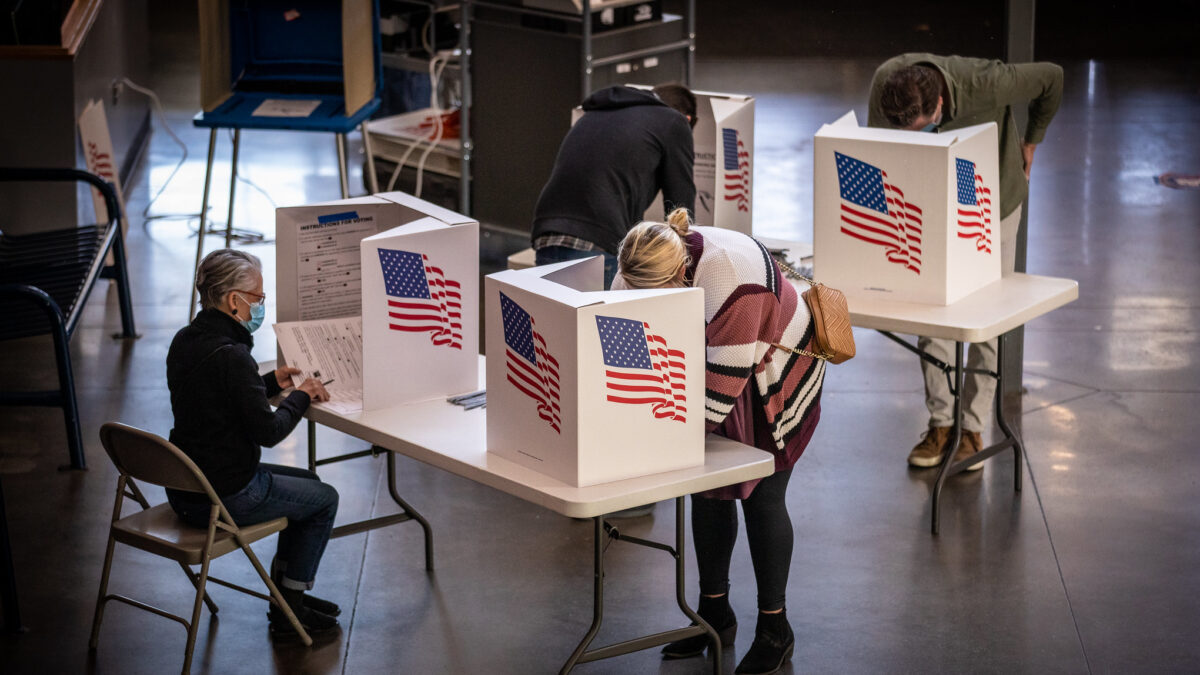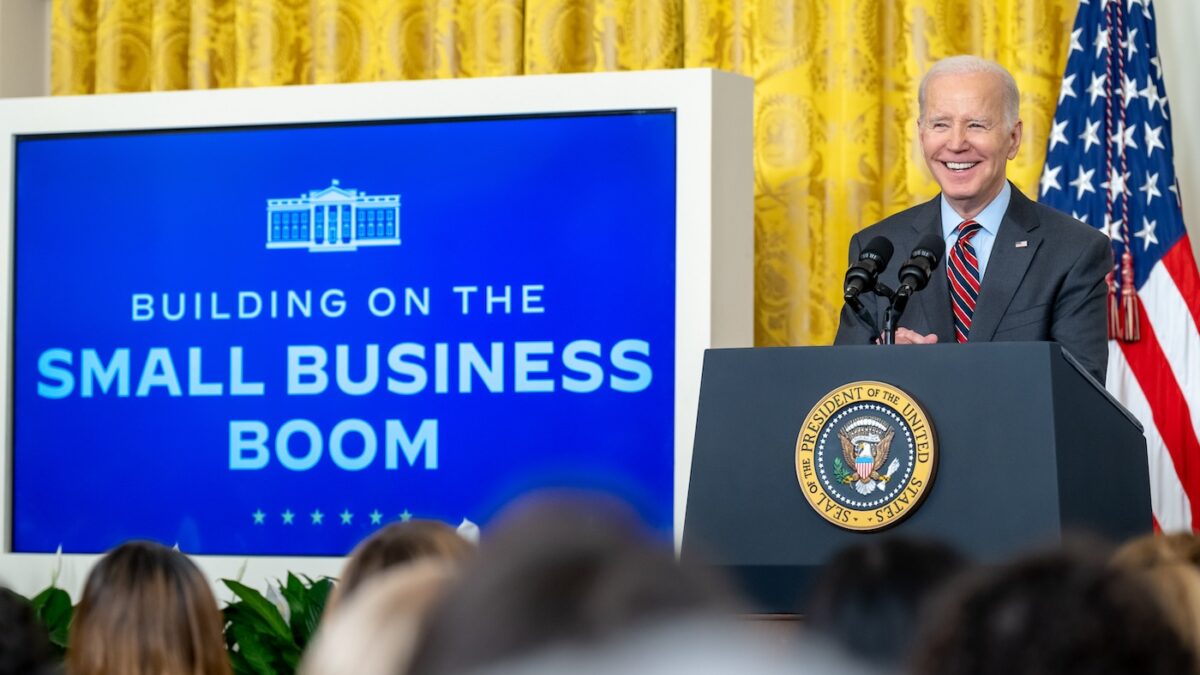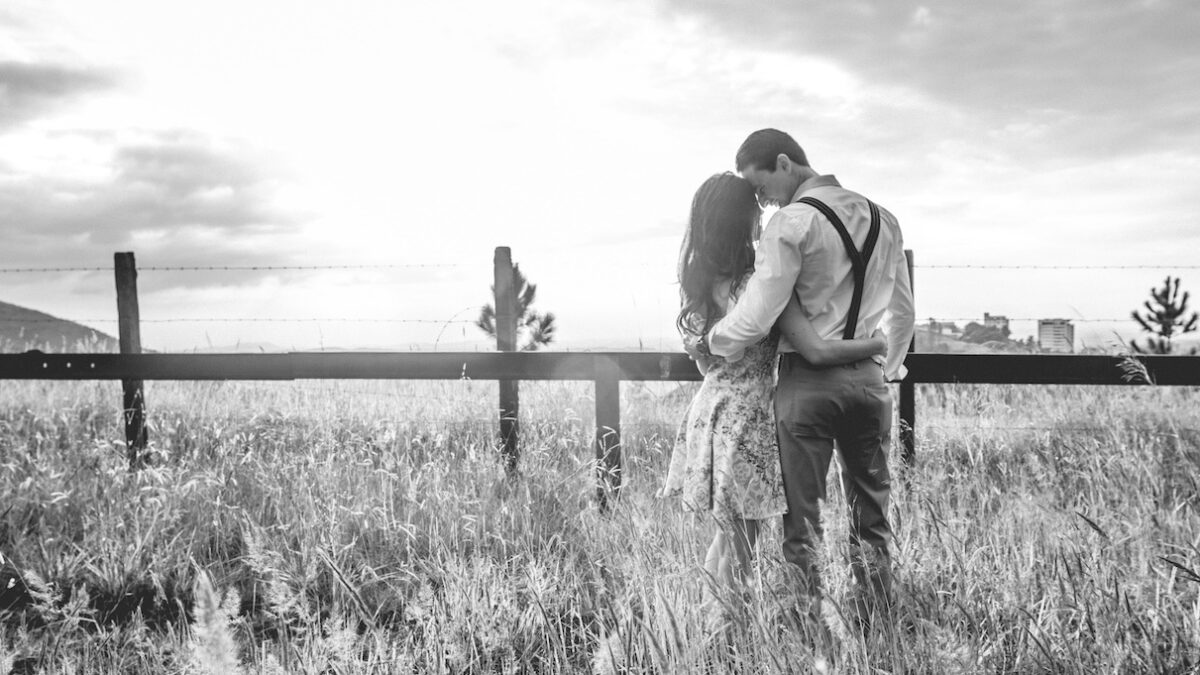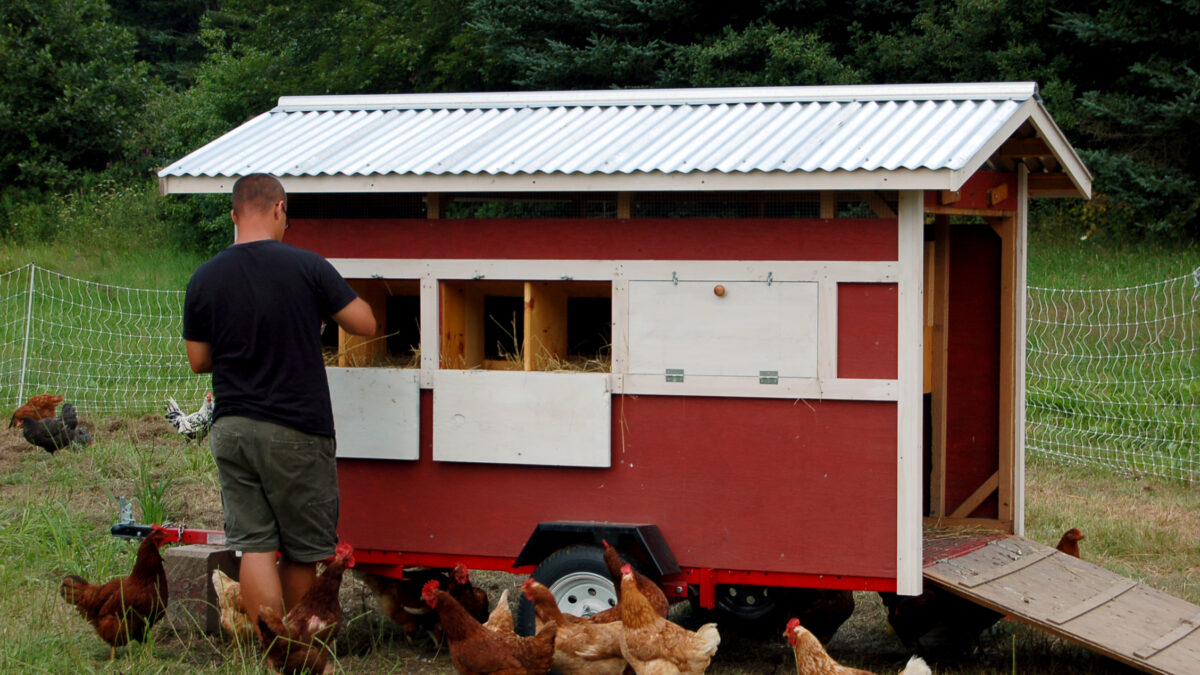Election administration is like industrial food production. The average person doesn’t really know — or care to know — how the sausage gets made, but he cares very much the moment it smells fishy.
A Morning Consult poll commissioned by the Public Affairs Council last fall found that just 37 percent of Americans believe the 2024 election “will be both honest and open to all eligible voters.” A University of Central Florida exit poll in January found that a third — 33.5 percent — of voters were either “not very” or “not at all” confident the 2024 election would be conducted fairly.
Many Americans instinctively recognize that without free and fair elections, our representative government and the freedoms it guarantees are jeopardized. And yet, start talking with your neighbors about the nuances of election law and administration (or just mention the word “audit” or “provisional ballot”) and their eyes probably glaze over.
Some are terrified of being slapped with the idiotic but intimidating smear of “election denier.” The corporate media have done their best to elevate the small minority of outlandish conversations about election security while pretending sincere and articulate concerns don’t exist.
But you don’t have to be a legal expert to understand the most fundamental things about what makes elections free and secure. If you can articulate these five basic points, you’re already way ahead of the majority of corporate media.
Chaos Is Bad
Confusion creates opportunities for both intentional and unintentional wrongdoing. Lax policies that make it more likely election officials don’t know who a voter is, where he lives, whether he is eligible to vote, or even whether he has already voted invite chaos and undermine order. Bad actors can more easily take advantage of bad election laws, and innocent Americans can also unknowingly err when the rules aren’t clear and precise.
When ballot traffickers dump piles of ballots they’ve supposedly collected from individual voters into unsupervised ballot boxes, it complicates each ballot’s chain of custody. When voter registration forms are automatically and indiscriminately mailed, including to people who aren’t eligible to vote, it creates room for error or misuse. When voter rolls are bloated and never cleaned, it makes elections messier and therefore less secure.
Illegitimate Votes Cancel Out Legal Votes
If the right to vote is sacred, that surely includes a voter’s right to know his vote will count. But when laws are bent or relaxed to allow votes that shouldn’t be counted, those votes dilute the votes of legal Americans.
Do you think a foreign national who lies on his voter registration form should be able to cancel out your vote? How about a person who lives in a different state but used the address of a mail-forwarding service in your state to cancel out your vote for your local school board? Or a vote that a nursing home employee cast “for” a mentally incapacitated resident?
You don’t really care about voting rights if you don’t see a problem with the votes of eligible Americans being canceled out.
If Someone’s Vote Is Going to Cancel Out Yours, He Should Verify He Is Eligible to Vote
To avoid these illegitimate votes, some sort of verification process is required. Because people often lie, documentary evidence is generally the best way to prove a person really is who he says he is. That’s why voter ID is popular.
Each vote ultimately has the potential to affect how you are governed. If enough of your neighbors vote to raise your taxes, your tax bill goes up. If enough of your neighbors vote to criminalize jaywalking, your rogue street-crossing habits can get you slapped with a fine or even thrown in jail. Anyone who wants this kind of power over you should be able to comply with common-sense provisions that require him to show who he is, where he lives, and that both of those factors make him eligible to vote.
No One Else Should Be Responsible for Your Act of Self-Governance
There was a time when voters went to their polling place on Election Day, received a ballot, filled it out with a pen, and turned it in. These voters didn’t worry that their ballots might get lost, stolen, or delayed in the mail, or rejected for a missing signature or date. They didn’t worry about a ballot in their name that they never requested being automatically sent to whatever new resident might now live at their old address. They didn’t entrust their ballots to political operatives who go house-to-house and collect voters’ ballots by the bundle.
This process also required voters to take some kind of responsibility for their roles in governing themselves. You had to be invested enough that you remembered to vote and got to the polls (or requested an absentee ballot). You might even have had to register to vote instead of being registered automatically. Voting was a more intentional affair than filling out a customer service survey on your phone.
Of course, some voters will be out of town on Election Day and need an absentee ballot, or some may have physical restrictions that keep them from heading to their polling place. There’s nothing wrong with laws accommodating these exceptions. But when the voting system makes third parties more responsible for the casting of your ballot than you are, it cheapens your participation in self-governance.
Sunlight Is the Best Disinfectant
When media outlets mock or belittle voters’ sincere concerns about election integrity, you should wonder why they don’t want you asking any questions. When bureaucrats refuse to turn over voter rolls to good government groups, or when political operatives drag private citizens who raise concerns about election administration into court, what are they trying to hide or silence?
When ballot counters force volunteer poll watchers to stand so far away they can’t meaningfully observe tabulation, or allegedly tell them to go home and then secretly start counting ballots again, what is it they don’t want the poll watchers to watch? When people push for unsupervised ballot drop boxes, what behaviors don’t they think need to be supervised?
A good indicator that something is being hidden is the fact that someone is trying to hide it.
